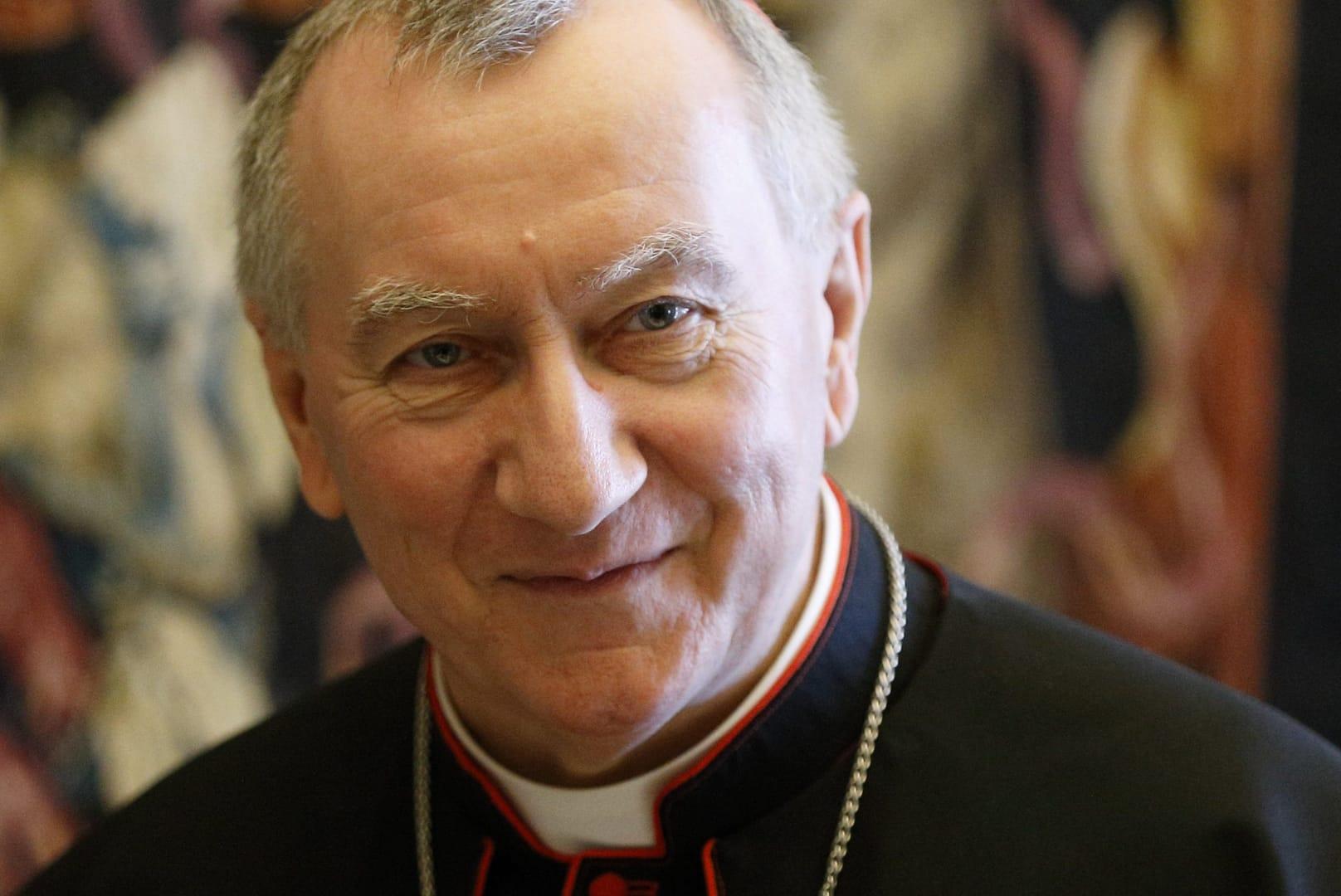ROSARIO, Argentina — According to Pope Francis’ top diplomat, the Argentine pontiff is still “very interested” in going to Iraq March 5-8, despite his recent bouts of sciatica, the limitations caused by the Covid pandemic and, most recently, a new wave of terrorist attacks.
“We’ve seen it in recent encounters with him: He’s very interested in the trip to Iraq, regardless of the complications it might have,” said Italian Cardinal Pietro Parolin, the Vatican’s Secretary of State. “We saw it with the attacks, [because] there are some security challenges. But the pope wants to go to encourage Christians.”
The Vatican announced last December that, if pandemic-related precautions permitted it, Pope Francis would become the first pope in history to visit the land once inhabited by Abraham and Jonah.
Though the Vatican has yet to release a schedule for the trip, Cardinal Raphael Sako, Patriarch of the Chaldean Catholic Church, revealed much of the program on Thursday, when he said that the deadly suicide bombing in Baghdad hasn’t thwarted the papal visit.
Among other things, Sako confirmed the pontiff is to meet with the country’s top Shiite cleric, Ali al-Sistani, in a highlight of the trip. During a virtual news conference hosted by the French bishops, he said the meeting will take place in the city of Najaf, the third holiest city of Shiite Islam after Mecca and Medina.
Sako also said that on the same day, March 6, Francis will host an interfaith meeting in the ancient city of Ur, the birthplace of Abraham.
A rare double suicide bombing last week sparked fears of a resurgence of ISIS, posing new challenges for a trip already complicated by Covid. Despite all that, the Vatican has sent teams to Iraq to work out logistics and security, and also opened the usual accreditation for the media to travel on the papal plane.
“In these past years we’ve seen a hemorrhage of Christians from this country, mostly due as a result of the war situation,” Parolin said. “The Christian community is greatly reduced, and the pope feels the need to go to encourage these Christians to give witness in an environment that is in no way easy.”
According to the cardinal, the pontiff also hopes to continue his effort of interreligious dialogue, as well as encourage the political reform the country is undergoing.
Early parliamentary elections are scheduled to be held in Iraq Oct. 10, 2021, but at the same time, postponed from the original early election date of June. Some 328 members of the Council of Representatives will be elected, who will then elect the country’s president and prime minister.
Speaking about interreligious dialogue, Parolin highlighted a document on human fraternity signed by Francis and the Grand Imam of Al-Azar university in 2019 during the pontiff’s visit to United Arab Emirates.
That document builds on the common ground between Christianity and Islam, including that of “fraternity,” and the fact that no violence in the name of God can be justified. As Parolin noted, it also highlights the fact that religions can contribute by working together for a more charitable world.
“From what I have seen, many initiatives have risen from this document, mainly at an educational level,” Parolin said, in the interview that took place in the nunciature in Paris, meaning, the Vatican’s embassy to France. The prelate was in France ahead of his Jan. 28-Feb. 3 visit to Cameroon.
Asked about the Vatican’s controversial deal with China’s Communist government, Parolin said he “deeply respects” those who have different opinions and even “critical ones,” when it comes to the Holy See’s position.
“It’s a very difficult situation,” the cardinal said, adding that the Vatican has been working on a deal with China for years, though it received “a strong impulse” from the Argentine pope. “We’ve decided to take small steps to improve the situation of the Church in China. We cannot pretend this is the final word on the matter, but we hope it’s a small seed… This is our hope, and much patience is needed.”
Speaking about the Church’s message during the COVID-19 global crisis, Parolin said it’s one of “hope,” because the crisis the world is facing is not only a health one, but also environmental, political, human and of relations, “but it’s also an opportunity.”
This has been the core message from Francis during the crisis, not to lose hope, because in doing so, “all horizons are closed.”
“The other word is solidarity. We need to know that we’re all in the same boat, and foster a culture of mutual care,” he said.
Asked about reform of the curia, meaning, the Church’s Rome-based central government, the cardinal said that most of it has already been implemented, and that what’s left is mostly the publication of the new Apostolic Constitution. He said the text is basically done, and what’s missing is Pope Francis’ green light.
On the many challenges the Vatican has faced in recent years, mostly regarding financial scandals, Parolin said he believes it’s “excessive to speak of a crisis,” because through history there have always been “challenging moments, situations that were not entirely transparent.”
“The Holy Father has wanted to address these issues directly, also to make the curia as transparent as possible, so that it can actually carry out the job it’s meant to do: Helping the Holy Father transmit the Gospel,” Parolin said.
“These issues, on the one hand, sadden us. But on the other, they’re a sign of a will to make the Curia an instrument as efficient as possible for evangelization in the world today,” he said.
People today, Parolin said, does not accept the Gospel unless it comes from a “completely transparent Church, one that is rooted in the Gospel.”
Follow Inés San Martín on Twitter: @inesanma














